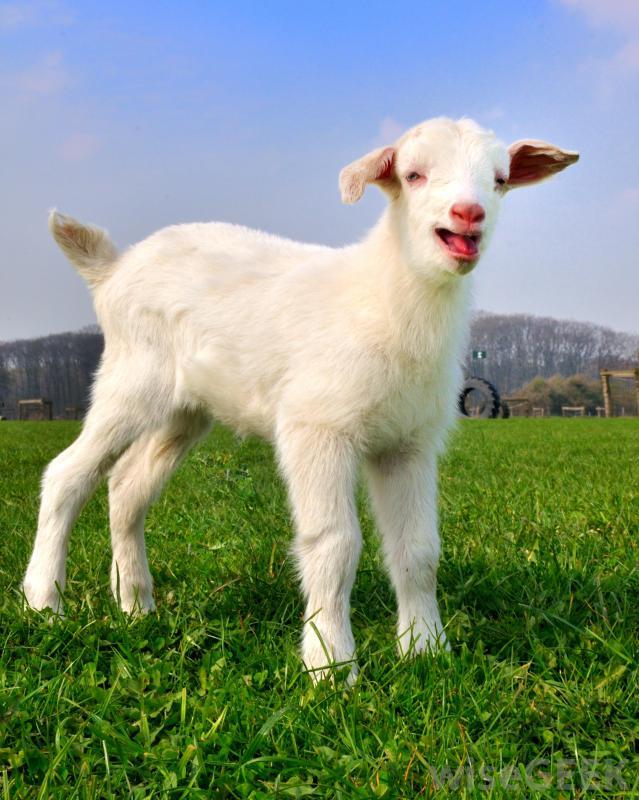What Is Livestock? The word “livestock” is an umbrella term used for domesticated animals raised in an agricultural environment, with the intent of providing food, textiles, labor, or fertilizer to their owners. Common examples are horses, pigs, goats, cows, sheep, and poultry, although numerous other semi-wild animals including reindeer, yaks, camels, and emus could also be considered livestock. Humans have coexisted with domesticated animals for centuries, and the rise of farming and keeping animals probably contributed to a major shift in human culture. The word can be taken to have several meanings, depending on interpretation. Livestock is sometimes referred to as “stock,” in shorthand, reflecting the idea that the animals are property in addition to living beings. These animals are both living stock, or inventory, and the stock, or basis, of life for farmers and the people who rely on them. Raising animals is an important part of life for people all over the world. Purely domesticated animals such as cows and horses are radically different than their wild counterparts. In some cases, the wild ancestors of domesticated livestock are actually extinct, because humans have selectively bred domesticated versions for so long. Domesticated livestock would probably have difficulty surviving in the wild, because it has been bred to be smaller and more docile than a wild animal would be. Semi-wild animals used as livestock, such as rabbits, have thriving wild populations in addition to domestic ones. The uses for livestock are myriad. The most obvious is food, in the form of meat, dairy, and egg products. Few animals, however, are raised purely for their meat; the most notable exception to this is the pig, which is primarily a food animal. Most animals also contribute something else to the farm. Sheep, for example, have thick wool coats which are annually sheared to make textiles, and cows can provide physical labor as draft animals in addition to being a source of food. All livestock also produces plentiful amounts of manure, in the form of excrement, thus helping out in the farm garden as well. Some of these animals are also kept as pets, and enjoy privileged positions in human society. Horses, for example, are widely ridden and used as work animals, and in many cultures they have a status which borders on the sacred, while others have no difficulties eating their horses. In areas where living conditions are difficult, such as Tibet, a single livestock animal like the yak may provide the bulk of food, shelter, and companionship; therefore, the animals are highly valued.
-
- Categories
- Other
- Fruits Farming
- Vegetable Farming
- Livestock Farming
- Rice / Wheat
- Beans Farming
- Nuts Farming
- Farming News
- Stone Fruits
- Fish Farming
- Poultry Farming
- Farming Equipment
- Farm Products
- Vineyard / Winery
- Food & Drink
- Event
- Restaurants
- Art & Design
- Enjoyment
- For Home
- Decoration
- Business Services
- Great Ideas
- Fashion
- Beauty & Health
- New
- Popular
- Gifts
- Videos
- Help / Contact Us
- Terms & Privacy
- What is FarmTerest


